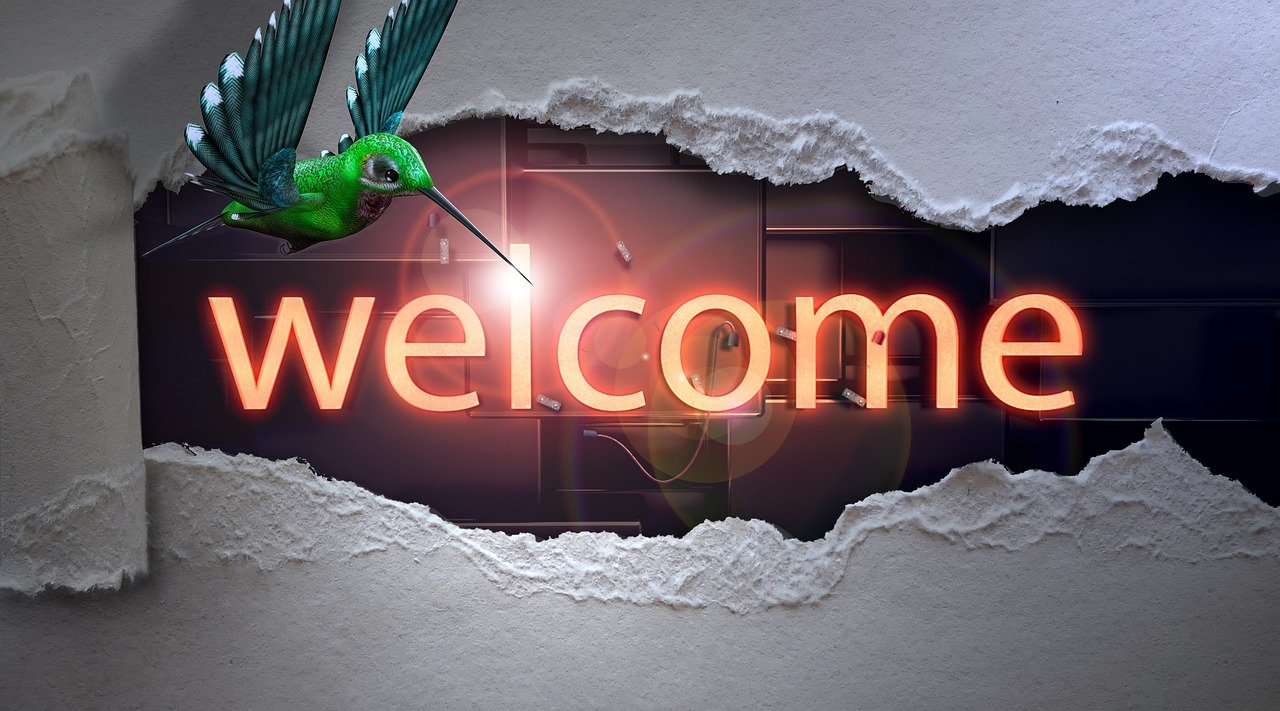From Breakdown to Breakthrough
/Here is another inspiring story from our book Mindfulness for Transformation. The stories are written by members of our community and Graduates from our Online Teach Mindfulness Course.
By - John Danias
I grew up in a stable family. I valued happiness and aspired to structure a life that supported my interests as they changed overtime. I loved surfing and lived by the sea. In my thirties, as my peers were climbing the career and affluence ladder, I moved to London and into finance. It was interesting and it gave me financial peace of mind, which eliminated many stresses.
Over time, however, my confidence and happiness began to erode. I was juggling more work than I was comfortable with, and felt that everyone else was smarter than me, which diminished my confidence and dulled my mind. However, I had a family to support, so I felt that living a dull, grey life was a price worth paying. I was stuck on the perpetual treadmill of the rat race. My mind was too foggy to see the exit sign, let alone the wider world outside.
One night in February 2013, I woke up at 2am feeling as if my mind had split; specifically, my emotional state and sense of logic seemed to have split. It’s hard to describe. One moment I was crying while not feeling sad, then I was laughing while feeling nothing... and many other bizarre combinations. It reminded me of a cartoon car hurtling down the road, wheels falling off and spinning independently alongside as it headed for a crash. Mymind had split in two and there was nothing holding the pieces together. I was dysfunctional, out of control. I had broken down. I thought this would be my new reality.
Thankfully, only an hour later, my mind gelled back together again. The cogs, pistons and pipes all linked up–I was functional, roadworthy. I could move within the structure of everyday life without crashing. I felt very lucky.
I was back to normal, yet something had changed. I felt gratitude for the precious gift of simply being functional and in one piece.I felt wonder at the intricacy of my mind and the way its myriad parts were working coherently together.
I became particularly interested in exploring my internal landscape, like an explorer or scientist uncovering new terrain. By familiarising myself with ‘the stuff that John is made of’–the interplay of thoughts and emotions, responses to sensory inputs, my breath, my body–I developed a better understanding of my internal landscape. I had dabbled with mindfulness and other mind-training techniques in the past, and now it became my vocation.
Over time, I became less caught up in ruminating about the past and stressing about the future. The negative thoughts continued, but their charge had weakened. Rather than being immersed in my thoughts, I learnt to observe them as if watching a movie. Worries about having less income to support my family lost their emotional charge. The fear disappeared. Clarity had been restored.
I started believing in myself: not the ‘I will be a success’ type of belief, but something deeper. Something beyond triumph and failure, joy and suffering–something I cannot explain with logic. It’s like walking with full conviction into a deep but gradually clearing mist, with no idea of your destination.
I began dedicating time to doing the things that I love, knowing that they nourish me and that I show up better for my family and my work. I gradually lost the fear of coming across as foolish at work, and this has brought with it more confidence. Redundancy came up at my previous job and, with my wife’s support, we welcomed it as an opportunity for a new adventure. After 19 years in London, we moved to Newbury, a small town where our son could attend a more suitable secondary school.
For me, mindfulness is about consciously bringing awareness to the experience at hand. I don’t see it as binary–being mindful or not–but rather greyscale. Being more detached from my thoughts, more present, more curious, even by one per cent, seems worthwhile. I have become particularly fascinated with cultivating mindful qualities through daily activities, be it walking to the shops, cooking at home or negotiating at work. I also love the huge crossover between mindfulness and other mind-training practices such as neuro feedback, hypnotherapy, transformational breathing and even free diving.
Life is not as fixed as I believed; it is not just good or bad, but a cocktail. Now, I’m feeling positive. I’m more conscious of the ingredients of my experience and tuned in tot he dance of life.
Is it right to view life through an optimistic lens? When faced with a query like that, I think the wiser question to ask is, “Is it helpful?” Well today, as I’m writing, I feel the answer is yes.
Get in touch for details to join our Daily Mindfulness Club or Teach Mindfulness Academy communities. Our next Teach Mindfulness Online course starts in September.



